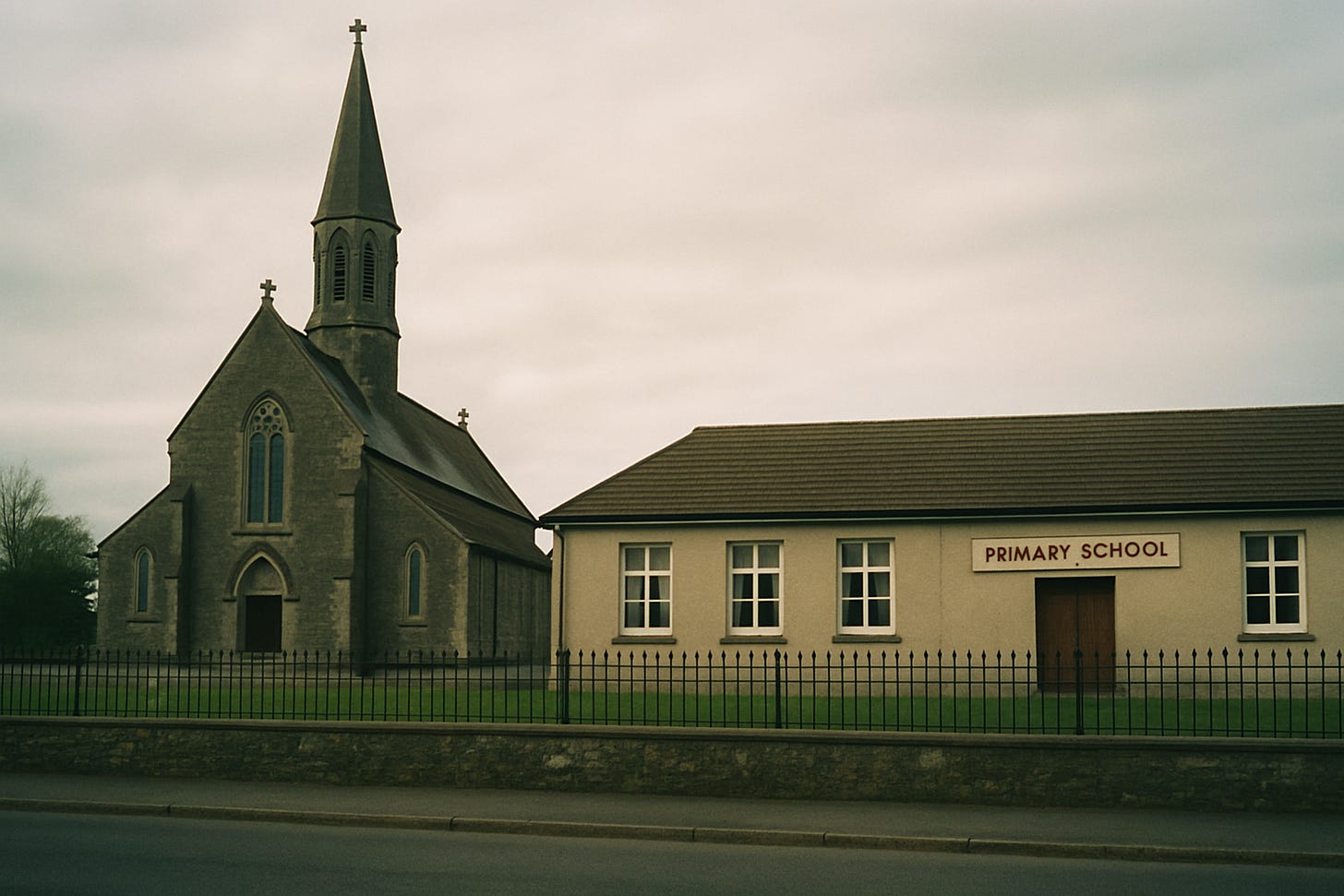Why we have to stop thinking about religion when it comes to the patronage system
Despite being the thing that divides schools, it's possibly the least of our worries
I had a responsibility for all the children in my school regardless of race or religion; in fact the differences were less than the commonalities that we shared. So said Yvonne Connolly, who became Britain’s first black headteacher in 1969.
More than 50 years later, Ireland has yet to have a black principal of a mainstream primary school. The argument that this will take time in Ireland is no longer tenable. Ireland has been a multicultural country for several generations now.
I’ve always been struck by the second half of Connolly’s famous quote, that is the focus on differences were less than our commonalities.
We talk a lot about school choice in Ireland.
The right of parents to choose a school that reflects their ethos is treated as a cornerstone of our education system. In other words, the thing that makes us different.
Let’s be honest: in almost every case (with the exception of the Gaelscoileanna), “ethos” means religion. And that one word, religion, is how we have been designing and running our schools across the country for fifty years.
In line with Yvonne Connolly, I think it’s time we asked a different question:
What if we stopped building our school system around religion?
I’ve been saying this for quite some time and I don’t think it’s particularly controversial.
99% of what happens in every primary school is exactly the same.
Well, maybe 90% (given that 10% of the day is dedicated to a patron’s programme)
The reality is:
The curriculum is identical.
The inspections are identical.
The teaching, the hours, the structure, yep, identical.
Yet we seem incapable of moving away from a system of competing patrons, nearly all defined by religion, as if what happens in the classroom is fundamentally different based on the school’s signage.
It’s not, and I think it’s costing us in so many different ways, which have nothing to do with faith.
Imagine instead that every child simply went to their nearest school. Most would acknowledge that one fairly major advantage would be:
No opting out of religious lessons.
No segregated assemblies.
No being excluded from ceremonies because of belief or background.
However, this is only the tip of a very very large iceberg. Let’s forget about religion for a few moments and focus on something that I believe could be the biggest advantage of all if we scrapped the idea of focussing on our differences and focussed on our commonalities, thus eradicating school choice.
We could actually plan.
📍 We’d know how many children are going to be in each school each year.
📍 We could staff schools accordingly.
📍 We’d avoid “turf wars” over enrolment.
📍 Special education could be designed based on local needs, not patronage boundaries.
📍 Special classes and schools could serve the community.
But there’s more. Way more.
School transport?
Bus routes would finally make sense. No more zigzagging past five schools to get to the “right” one.
Childcare before and after school could be arranged between school close to each other and planned for, and possibly funded.
Lunches could be organised in clusters rather than schools having to organise everything for themselves. This would have a knock-on positive effect for local business. Wouldn’t it be great in a rural area where a community centre could not only supply meals to the schools in the region but, perhaps meals for people living alone and so on?
For me, on a personal level, principals could work together rather than competing for pupils, resources, or staff.
Going briefly back to the R word, religion doesn’t have to disappear completely but it also doesn’t need to dictate the structure of our schools. If parents want religious instruction, it could still happen, much like it already does in many schools. It could happen in clusters, in parishes, in community halls, or even within school buildings after school hours. In most other countries, that’s exactly how it’s done.
We’ve convinced ourselves that school choice is a sacred good, but we have to face facts that while it sounds counter-intuitive, it’s actually a myth. In practice, school choice has become a polite way of justifying segregation—by religion, by class, by gender, by “fit”.
Particularly in this day and age where we are trying to create local communities, school choice actually fragments people. It also creates waste and inefficiencies - even insurance costs are a direct result! Furthermore, it forces school leaders into artificial competition. And for what?
Obviously no system will ever be perfect. People often tell me that my idea will have the same result though they never explain why. I’m not naive enough to think losing school choice will be a utopian world because there will always be a minority of people that will gamify any system to benefit their individual needs.
For example, in Finland where children go to their nearest school, there are schools that teach in the medium of Swedish. Some families go out of their way to prove their child is being raised through Swedish so they can get them into these types of schools.
I imagine something similar would happen in Ireland with the Gaelscoileanna. However, some would argue this is already the case, and while it might not be a popular thing to say, most people know families that do just that. There’ll always be outliers and exceptions. Some people will try to game the rules. That’s inevitable.
But if we stop making religion the centre of the conversation, we could at least make our system as inclusive, efficient and as equitable as possible. I believe we need to start talking seriously about what would happen if every child just went to their local school.
We might just end up with a better country.



